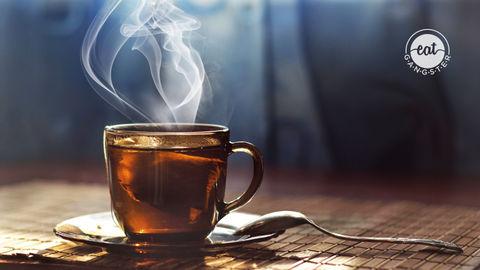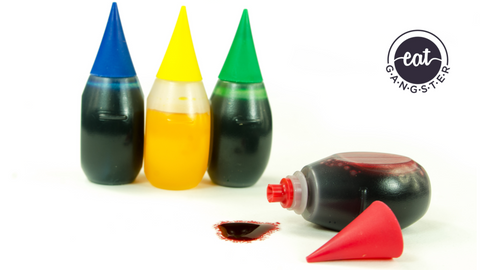
Nightshade vegetables come from the Solanaceae family of plants, which includes over 2,000 species. Common nightshades include:
• Tomatoes
• Potatoes (not sweet potatoes)
• Eggplants
• Bell peppers (including hot peppers)
• Goji berries
How and Why Do Nightshades Cause Inflammation
Nightshades contain natural compounds called alkaloids, including solanine and capsaicin. These compounds are thought to be part of the plant’s defense mechanism against pests. Here’s how they might cause inflammation:
1. Solanine in potatoes and eggplants can potentially irritate the gastrointestinal system and joints, especially for individuals who are sensitive to it.
2. Capsaicin, found in peppers, is an irritant that can exacerbate symptoms in people with inflammatory conditions, like arthritis, by stimulating the release of inflammatory substances in the body.
3. Nightshades can also affect the immune system, triggering inflammatory responses, particularly in people with autoimmune diseases or certain sensitivities.
Nutrients Found in Nightshades
Despite potential inflammation concerns, nightshades offer a wealth of nutrients:
• Tomatoes: High in vitamin C, potassium, and lycopene (a powerful antioxidant).
• Potatoes: Good source of vitamin C, potassium, fiber, and vitamin B6.
• Eggplants: Contain fiber, antioxidants like nasunin, and small amounts of vitamins C and K.
• Bell peppers: Rich in vitamin C, vitamin A, fiber, and antioxidants.
These vegetables are low in calories, nutrient-dense, and offer significant health benefits when consumed in moderation by those who are not sensitive to them.
Where Does the Name “Nightshade” Come From?
The name “nightshade” originates from the old belief that some members of the Solanaceae family were poisonous or had toxic properties, particularly when consumed in large quantities. Historically, it was believed that these plants might have a “dark” or toxic quality, and the term “nightshade” was used to describe plants that were harmful, especially at night. It’s also thought to be linked to the solanine content, which can be toxic in large doses.
Celebrities Who Avoid Nightshades
we are not avoiding nightshades alone :-). There are some pretty big time celebrities who avoid nightshades too, due to inflammatory conditions, sensitivities, or lifestyle choices.
• Tom Brady: The NFL star follows a diet that excludes nightshades, claiming it helps reduce inflammation and improve recovery.
• Jessica Simpson: She has spoken about avoiding nightshades as part of her anti-inflammatory approach to managing arthritis.
• Kim Kardashian: She has mentioned cutting out nightshades from her diet for health reasons, particularly to help with inflammation.
• Kourtney Kardashian: She has also excluded nightshades for similar reasons, especially for managing symptoms of autoimmune issues.
Good Substitutes for Nightshade Vegetables
If you’re looking to avoid nightshades like we do, here are some alternatives:
1. For Tomatoes:
• Carrots (blended into sauces for a similar texture and sweetness).
• Beets (for sauces or roasted dishes).
• Zucchini (in place of tomato-based sauces, or even dried tomatoes in certain recipes).
2. For Potatoes:
• Sweet potatoes (technically not a nightshade and a good substitute for mashed potatoes or fries).
• Cauliflower (can be mashed or roasted as an alternative to potatoes).
• Turnips (can be roasted or mashed).
3. For Eggplants:
• Zucchini (sliced, grilled, or roasted).
• Mushrooms (to replicate the texture in certain dishes).
4. For Bell Peppers:
• Carrots (for added crunch and sweetness).
• Cucumbers (for texture in salads and dishes).
• Squash (such as butternut or acorn squash) can mimic the mild sweetness in certain recipes.
By understanding the properties of nightshades and exploring alternative vegetables, you can maintain a nutrient-dense diet while managing inflammation.
We happen to love a handful of these alternatives to nightshades with our baking mixes! Smashed or shredded carrots, zucchini, sweet potatoes or squash work great in our waffles, muffins, and quick breads:
Pancake & Waffle Mix. Make waffles by adding 1/3 cup of any smashed veggie or fruit into the batter.
Pumpkin Bread Mix. Instead of adding pumpkin, choose smashed squash instead.
Foatmeal Cookie Mix. We love his with 1/4 cup shredded carrots, apple sauce or smashed squash.



